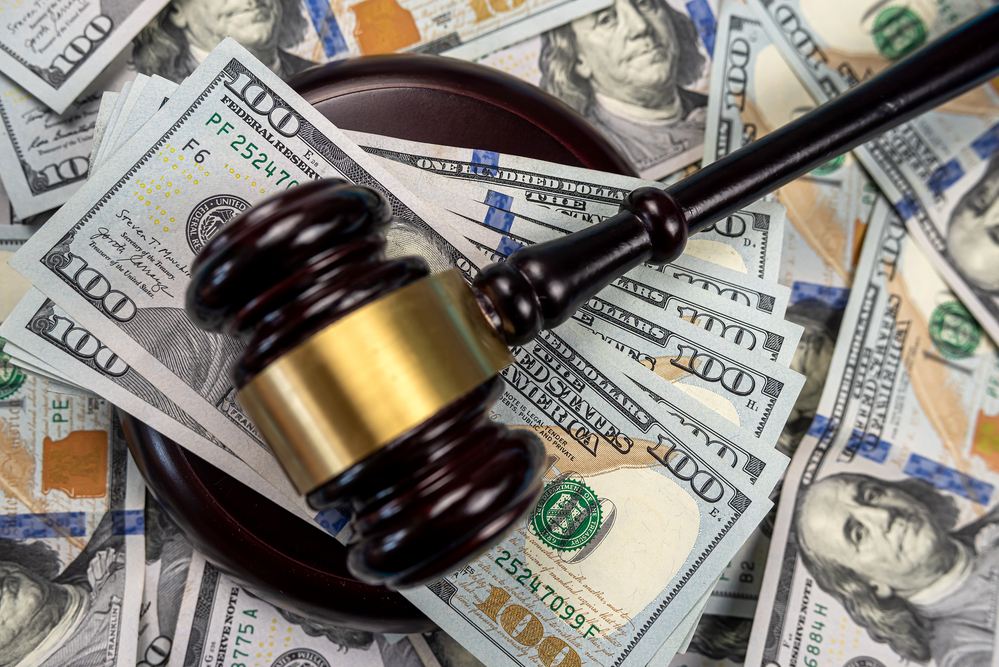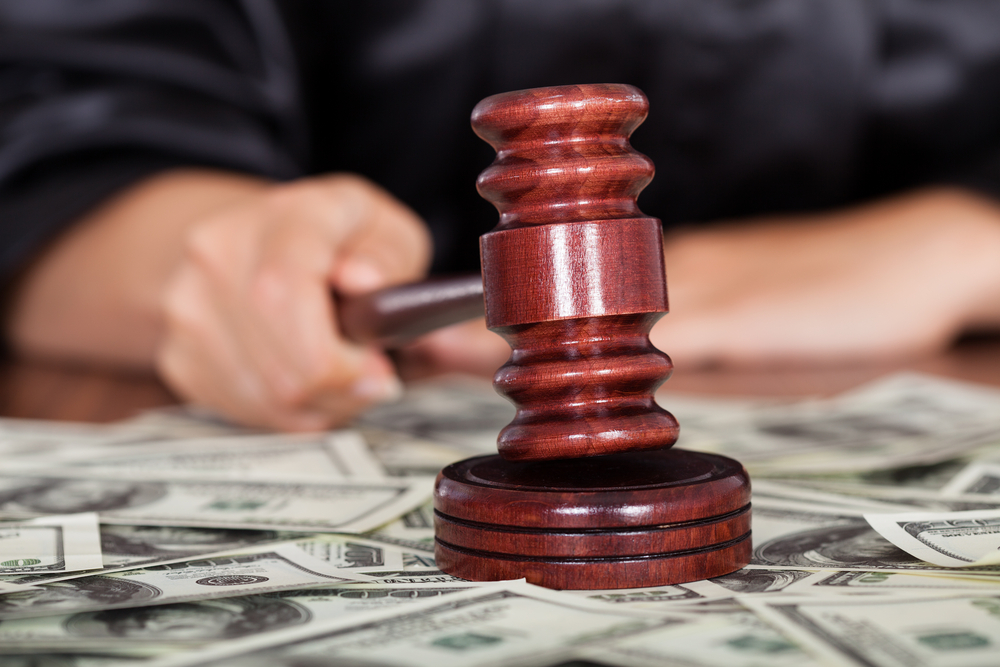So-Called Brain Boosting Supplements Found to Contain Harmful Drugs
According to a recent study published in JAMA Internal Medicine, several supplements on the market claiming to boost brain power and offer protection from loss of memory contain various amounts of a dangerous drug known as piracetam.
Piracetam is a drug that has not been approved for use in the United States. It is known to trigger unpleasant side effects such as insomnia, anxiety, agitation, depression, weight gain, drowsiness, and diarrhea. There is also concern for how the drug might affect kidney health, especially in older users.
Many of the people taking piracetam are experiencing negative side effects without realizing they are connected to the supplement.
The US government categorizes supplements – vitamins, minerals, etc. – as food, which makes the restrictions on these products less severe. Supplements do not need to be tested for effectiveness or for safety prior to being sold to the public.
Nootropic Market on the Rise
The market for brain enhancement supplements, also known as nootropics, has increased recently. Some link the increase to the aging of the Baby Boomer generation.
Estimates show American consumers spend more than $600 million a year on these types of supplements, many of whom hope to fend off dementia. Data also shows a big increase in the number of people using nootropics for non-medicinal purposes which is known as Pharmacological Cognitive Enhancement (PCE) and used for improving performance in school and work, among other things.
Unfortunately, at least according to the FDA, nootropics might be ineffective and unsafe. There is also concern that use of these products could prevent someone from seeking proper treatment when there is a problem.
Piracetam, the drug that was found in many of the brain boosting supplements on the market, is prescribed in some European countries to treat cognitive health and other disorders. But some studies have shown that this specific nootropic drug is relatively ineffective and no solid evidence has been found thus far that it offers any brain boosting support at all.
Despite the FDA determining that piracetam could not be sold in the United States as a dietary supplement, the drug is readily available because the supplement market is not that closely managed.
Study Finds Drug Present in Amounts Higher than Recommended for Therapeutic Use
The study that found piracetam in many supplements on the market today was led by Dr. Pieter Cohen of Harvard Medical School. Cohen’s team purchased all of the brands of supplements that were marketed as dietary supplements and included “piracetam” on their labels. The samples they tested contained anywhere from 831 mg to 1542 mg of piracetam per tablet, which would exceed the standard dose of the drug allowed in the countries where piracetam is legally prescribed.
In one case, the amount of piracetam in a single supplement was two to four times higher than the recommended dosage given in countries where its use is legal. And one of the products didn’t even contain piracetam, despite the label claiming it as an ingredient – an issue that indicates how unreliable the supplement market tends to be.
It’s important to note that the study tested only those supplements claiming to contain piracetam, even though it’s assumed that other products likely contain the drug, too. There is also speculation that the amount of piracetam in the products tested could vary from tablet to tablet, as only two samples from each product was tested.
The FDA has issued warning letters concerning the sale or piracetam, but the products containing the drug remain on the market.
Dr. Cohen concluded after the study that until laws are changed concerning the marketing and sale of supplements, those in the medical community should encourage patients to avoid using products that claim to offer cognitive support because there’s a chance they contain “prohibited drugs in supratherapeutic doses.”
Sources:
News Tags
- urgent
Have you been affected by a drug or device listed?

You May Be Eligible for Compensation.
If you or a loved one suffered injury or death after using a drug or medical device, contact us today for a free case evaluation.
We value your privacy. By submitting this form, you agree to our privacy policy and disclaimer.



